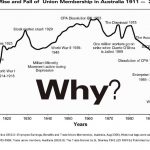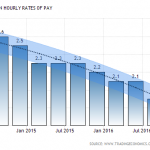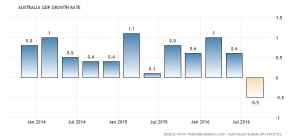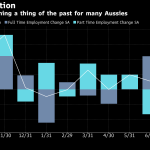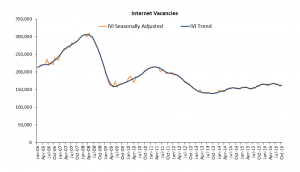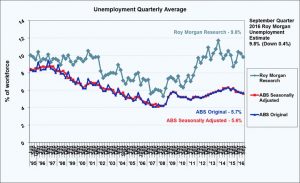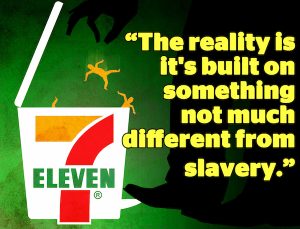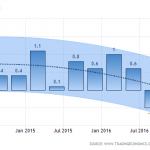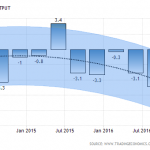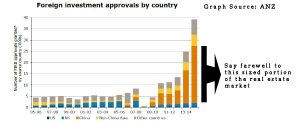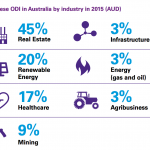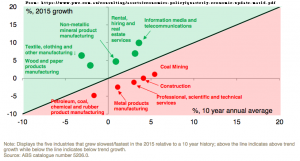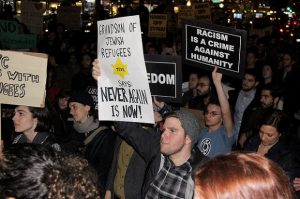The passing of Fidel Castro marks a change that a generation the grew up with the drama of the missile crisis through to the first visit by an American President to Cuba. A period of history of high drama and political upheaval, he will be remembered by a diverse range of opinions. This is just mine.
Dictator
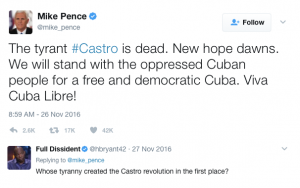
Issues such as Fidel Castro are never black and white. Yes, he was a “dictator” in so far as he led his country for 47 years after overthrowing American backed Batista. Yes, people died, were shot or imprisoned during and after the rebellion, but no man is entirely one thing or another. His story need a few shades of grey. A grey not conceded when Mike Pence described him as a tyrant and suggested the Cuban people were oppressed and in need of freedom and democracy. An interesting take from his “democracy”.
Who bombed what?
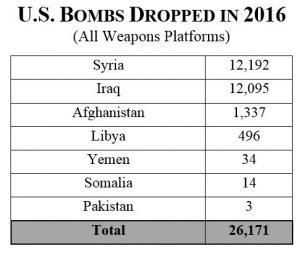
I note that America has bombed 7 countries during the last president’s term of office which was a fraction of Castro’s presidency. Castro dropped doctors in third world countries while America dropped bombs. Mike Pence was very critical of Fidel on his death suggesting too that having been “starved of Democracy” that they might welcome it now. But America castigating Fidel is like the pot calling the kettle black. How many countries did Cuba bomb and what contribution to the worldwide mass movement of refugees displaced from their homes is Cuba responsible for? Did he jail and torture people to the extent America has? Guantanamo is run by which country? Which country has the highest incarceration rate in prisons on earth (including China) and despite falling crime rates? [I’ll give you a clue, it was imprisoning 2.2M in 2013] Which country created, funded and armed Isis? Which country has consistently undermined the Middle East?
Celebrations or mourning?

Why are Fidel’s own people people not celebrating his departure if he was so evil? Why are they mourning him in the thousands in streets where herds of people are so thick and miles in length for his funeral? Have a googled look at the crowds recorded in “Plaza de la Revolución Antonio Maceo en Santiago de Cuba” for his memorial service. That’s not what you’d think “oppressed” folk might do. When Thatcher died the country was positively jubilant. The upper class were outraged at how happy folks were singing “The witch is dead!“.
Children & Justice
Which is the only country in the Americas that is not only without child malnourishment but was described by the UNICEF as “the best example of protection of children” (by Juan José Ortiz) especially as it had the lowest child death rate and negligible homeless street children? Not so many homeless adults for that matter. People are accommodated because housing is kept cheap. Yet in America the number of foreclosed houses outnumber the homeless. Yes, I know some of Cuba’s accommodation has been in Jails for some. Arbitrary detentions and short-term imprisonments are far more prevalent in America. The citizens of Cuba walk the streets and have homes to go to. Incarceration even on a per capita basis compared to America (510 per 100K in Cuba verses 693 in America – and that does not include juveniles, inmates in US territories or American military facilities – have I mentioned Guantanamo? — Oh yes I have.). Political prisoners, restrictions on freedom of expression (i.e. Snowden) travel restrictions and prisoner conditions are criticisms that can be leveled at both Cuba and America. Who do you think is better or worse?
Health Care

Which country has had produced over 124,000 health professionals who have worked in over 154 countries since 1961, hosts 3432 medical students from 23 nations studying medicine and exports hundreds of them to fight diseases in foreign third world countries ? The US secretary of state, John Kerry, was praising which country for sending “165 health professionals and it plans to send nearly 300 more” in 2014 to fight Ebola in Liberia, Sierra Leone & Guinea? Just what did America send? Instead of Doctors, they sent troops. I get why civil control is important in an outbreak but what does it tell you about the differences in the countries when one sends doctors and the other troops? Which country developed 4 vaccines against cancers including lung cancer (but has all their pharmaceuticals blocked by the USA) and was the first country to eliminate mother-to-child transmission of HIV as validated by WHO? Which country suffers from greater rates of obesity and diabetes? Which has the higher rates on drug and alcohol abuse? Which has the higher rates on School gun violence, rape on campuses, pollution, suicides, spousal abuse, etc … need I go on?
Education

With that health record, an education record that creates a Student:Teacher ratio of 12:1, and a youth illiteracy rate in Cuba is close to zero and is the best education system in Latin America, I have to ask, what does America offer in terms of Health and Education? Certainly not an education system that is 100% subsidised by the government. And Obamacare? Please don’t make me laugh. In Australia we have Medicare and it pi**e* all over Obamacare, even if our current neo-conservative government is trying desperately to dismantle it. Actually there are a lot of countries who’s health care systems could do that!
Democracy?
Instead the MSM’s coverage is insular & compliant with the “official narrative” story without a perspective on how the third world looked at Cuba. It’s a very first world capitalist perspective. Cuba has flourished in it’s own manner and even survived while under an embargo by the most powerful country in the world. As for Mike Pence hoping that Cuba would welcome “democracy” now, if he really thinks any country in the world wants your “democracy”, if the result is “Trump”, then he is delusional. Dude, you have no hope of installing “democracy” there, if America is the example!

